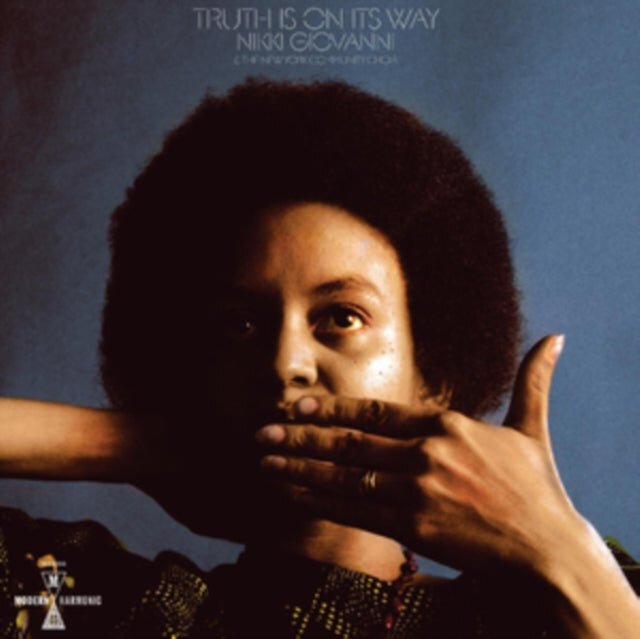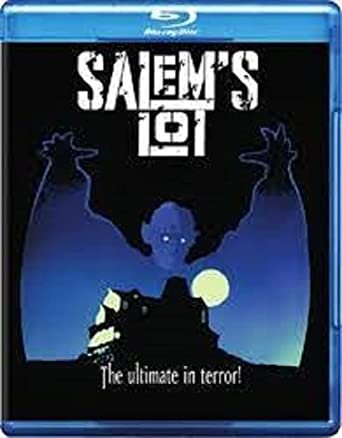Seventh Seal
Ingmar Bergman’s best-known film and deservedly so, 1957’s The Seventh Seal is an allegorical study of death, God and the meaning, if any, of human existence. It is a film that every human being should see, addressing as it does our deepest hopes, anxieties, curiosities and fears. Yet it’s also a magical and captivating experience, close to the state of a lucid dream. Max Von Sydow plays Antonius Block, the knight who has returned, gaunt, weathered and disillusioned, from the crusades, to find his home country in the grip of the plague. He is met by Death, in the pallid, hooded form of Bengt Ekerot, whom he challenges to a game of chess. The longer he can stave off defeat, the longer he can prolong the existence of himself and his own entourage, whom Block acquires in the form of his cynical squire a young family and a band of travelling players.
Block’s oft-expressed doubts and fears about his mortality and what lies beyond (hence the biblical Seventh Seal, which reveals this final secret to mankind) were especially relevant in the late 1950s, when the threat of the Bomb hung over mankind as did the threat of the plague many centuries before. The concluding Dance of Death image is, like the movie as a whole, harrowing, yet strangely enchanting.












